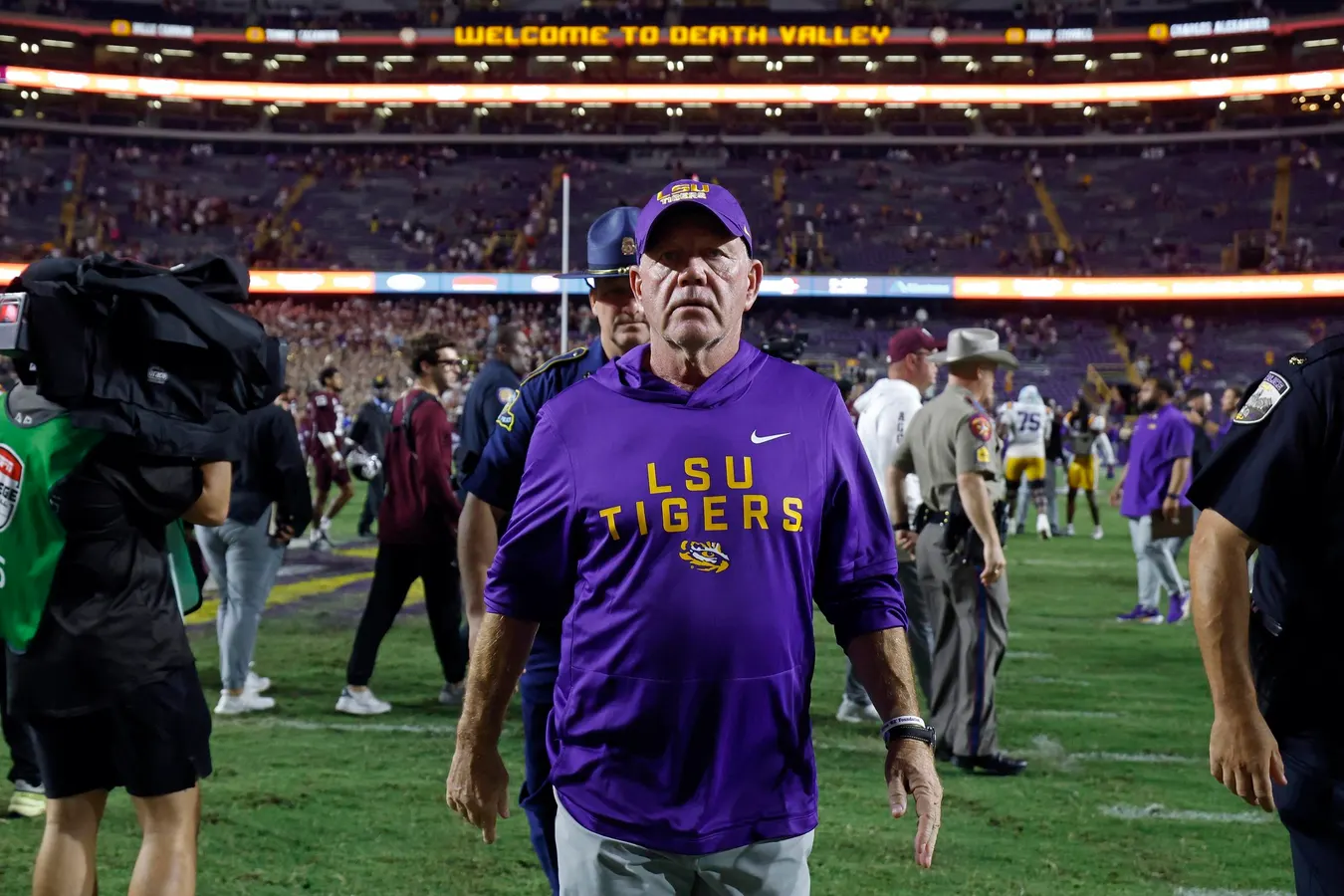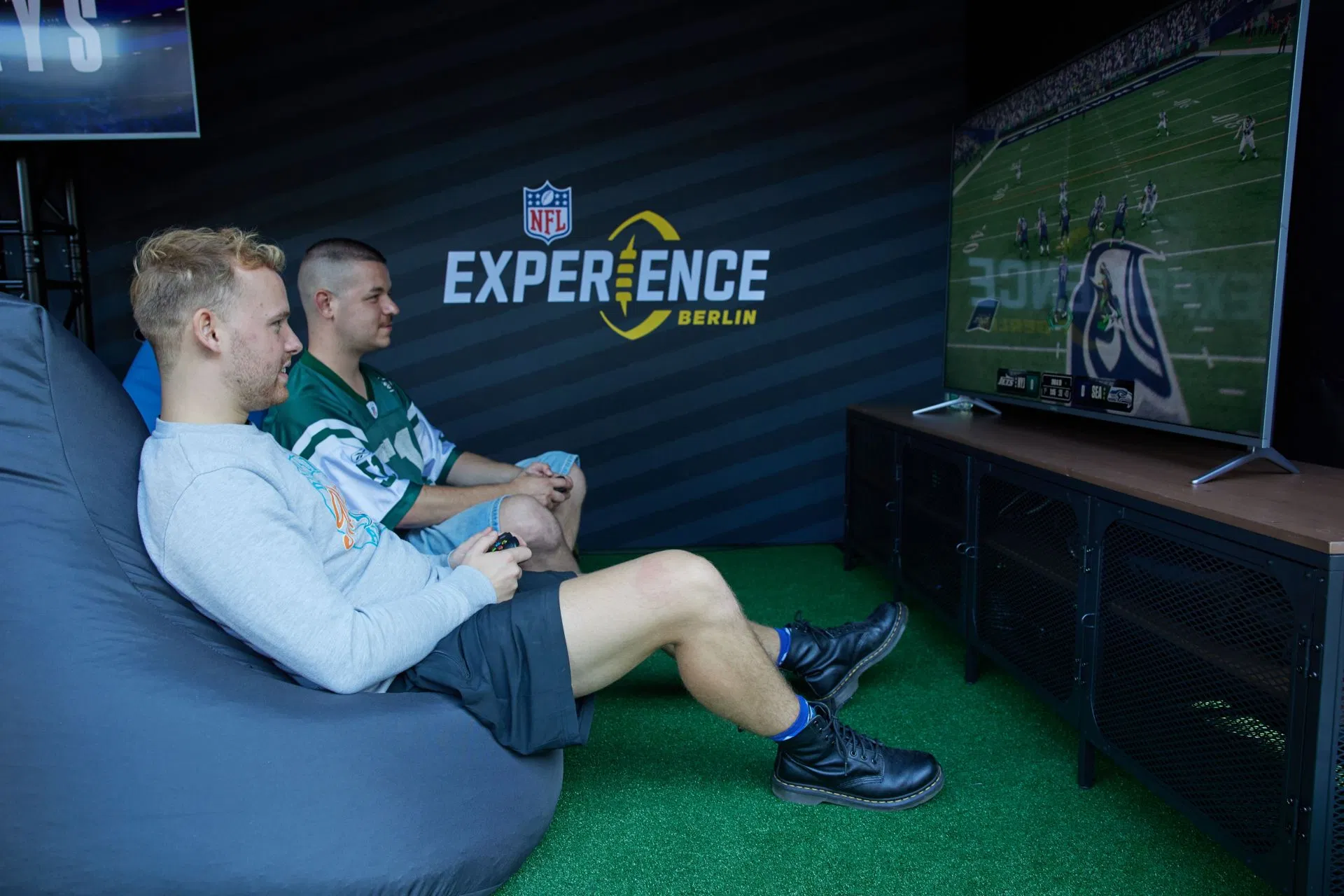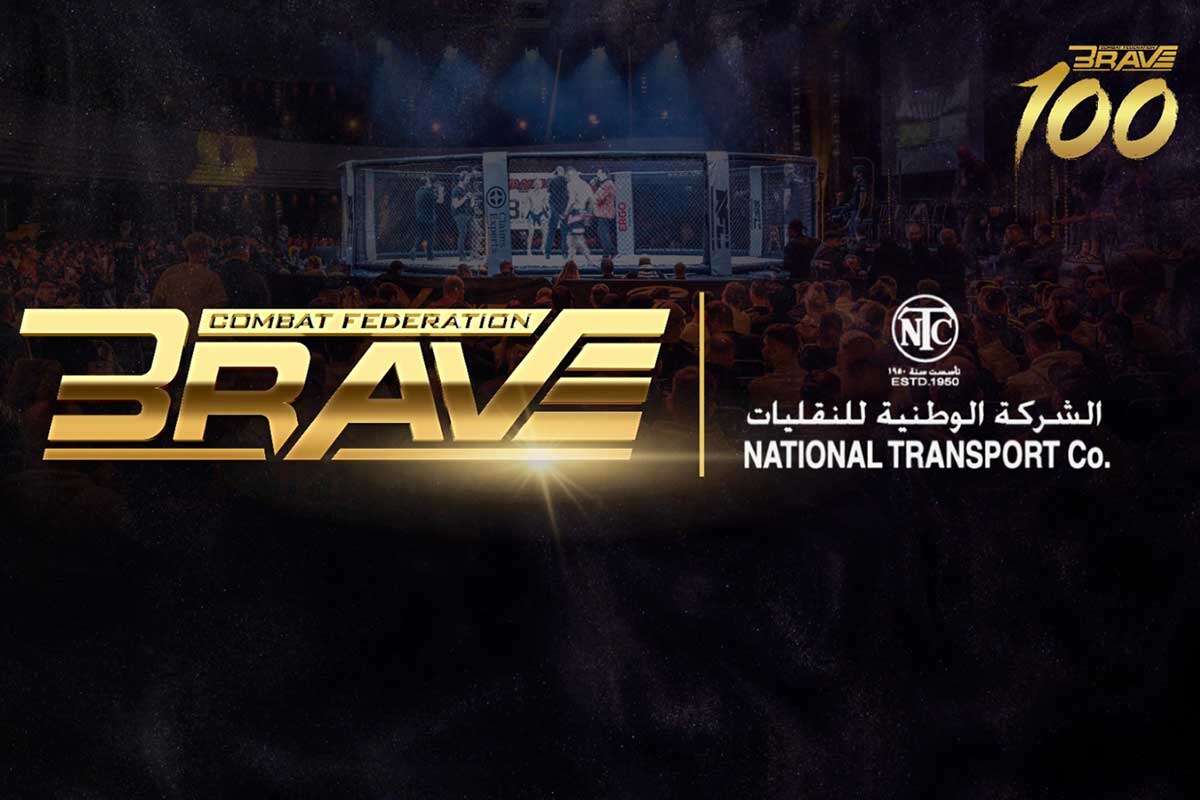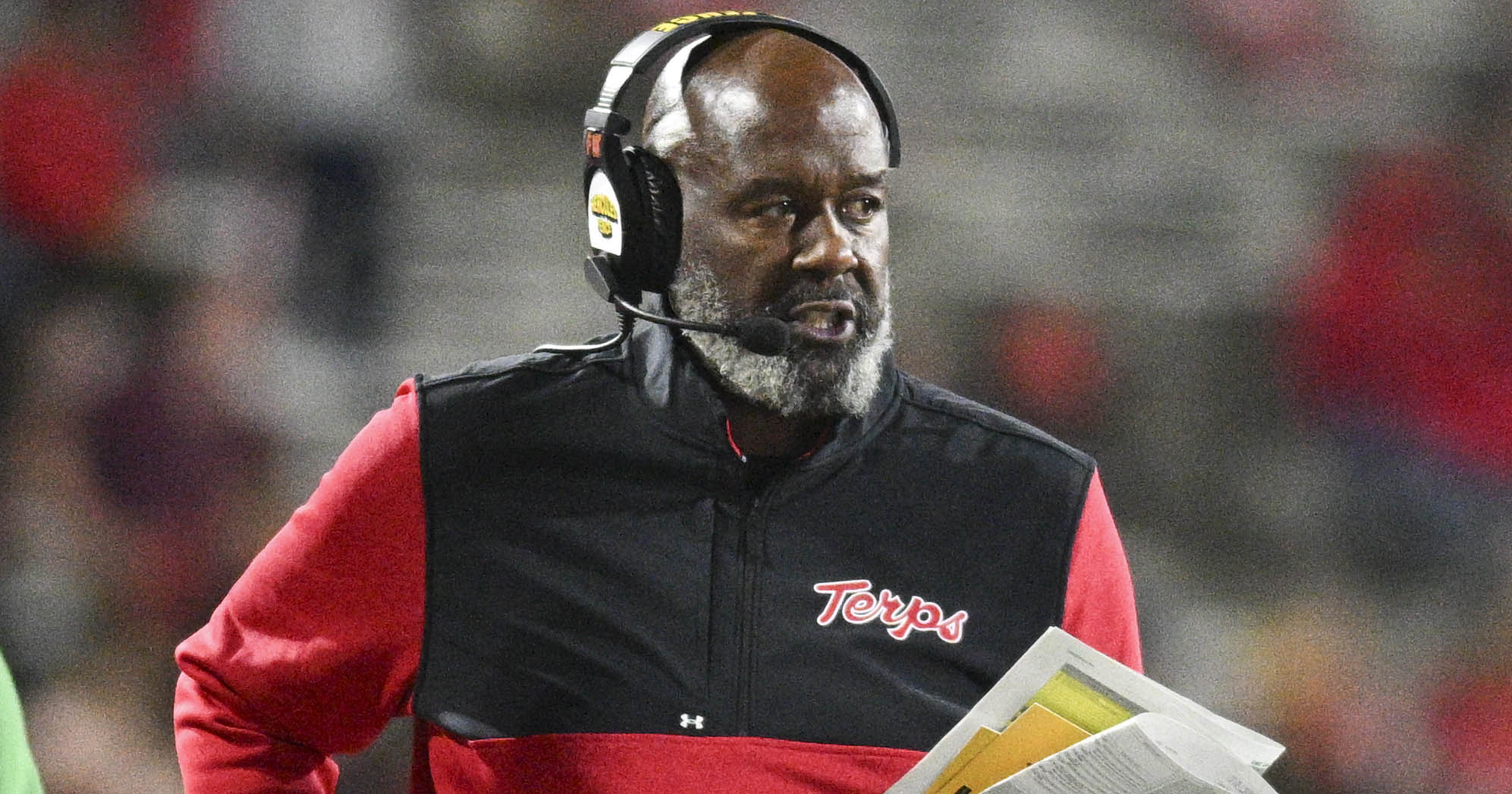Copyright forbes

If LSU wants to avoid another coaching mishire, they need to start hiring for attitude. Getty Images Anyone familiar with the Hiring for Attitude research knows this truth: when new hires fail, 89% of the time it’s because of attitude, not a lack of skills or experience. Gauging technical ability is straightforward; judging coachability, temperament, or emotional intelligence takes far more nuance. And that same dynamic plays out in college football. When LSU brought in Brian Kelly, they didn’t just get a coach with a stout résumé, they took a gamble on how well he’d fit the culture, embrace recruiting, lead staff, and align with unique expectations. In the end, what unraveled looked less like a schematic failure and more like a mismatch of personality and place. The Landmark Hiring For Attitude Study LEADERSHIP IQ From the outset, Kelly’s tenure was marked by quiet disconnects that grew impossible to ignore. He replaced revered strength coach Tommy Moffitt (the same man trusted by LSU’s last three national-title staffs) and soon saw Moffitt resurface on the Texas A&M sideline as the tougher team outmuscled LSU in a defining loss. Insiders also pointed to Kelly’s CEO-style detachment from recruiting and his reluctance to fully embrace NIL spending, choices that signaled hesitation in a league built on relentless personal engagement. These weren’t schematic errors; they were cultural ones. Respected analysts who acknowledged Kelly’s résumé saw the fracture forming. For instance, on The Cover 3 Podcast, one of college football’s most respected roundtables, CBS Sports’ Bud Elliott summarized it succinctly: “This was a weird fit from the start. It was a fit that could work in theory, and didn’t. So yeah, time to move on.” Fellow host Chip Patterson noted the irony that Kelly’s LSU tenure “literally ended at the hands of two of his former defensive coordinators,” a twist that, he said, “spoke volumes about how much the sport had changed around him.” And Tom Fornelli agreed it had always been “a weird fit,” observing that Kelly never built the kind of local ties or recruiting passion that define LSU success. MORE FOR YOU In a subsequent episode, former quarterback and CBS Sports analyst Danny Kanell echoed that theme from a different angle, noting that Kelly had arrived at SEC Media Days “oozing confidence,” and that “when you fall short of those expectations, it happens in a hurry.” By the end, the dissonance had grown too loud to overlook. LSU’s 49–25 home loss to Texas A&M, punctuated by boos and a half-empty alma-mater ceremony, became the final act. The university accepted a buyout north of $50 million, a staggering figure softened only by the sense that keeping a poor fit would have cost even more. In announcing the firing, Athletic Director Scott Woodward pointedly said LSU’s next coach must “fit our culture and community.” For a program defined by passion, identity, and pride of place, that may be one of the most expensive lessons ever learned about hiring for attitude. LSU doesn’t need to test for play-calling, it needs to test for attitude. After the Kelly experience, three pressure points matter most: how a candidate handles failure, tough feedback, and change. That’s where culture fit holds or breaks. The Attitudinal Interview Questions LSU Needs To Ask Most behavioral interview questions accidentally give away the right answer. They tack on little cues at the end, like “Tell me about a time you successfully adapted…” or “How did you overcome that?” Those phrases signal to candidates that you don’t really want to hear about their failures or struggles, you only want polished success stories. But that’s the problem: when you only ask for triumphs, you miss the truth. Asking about failures, on the other hand, reveals far more about how someone actually thinks, learns, and leads. Don't Ruin Your Interview Questions With Leading Nudges LEADERSHIP IQ When you strip away those leading phrases, candidates start to show you who they are. Some will openly describe their mistakes and what they learned; others will dodge, deflect, or blame. Either way, you’ll uncover the attitude problems that otherwise hide behind a perfect résumé. A Warning For Athletic Directors Actively searching for problematic attitudes is critical for athletic directors in 2025. Leaders like Scott Woodward can get so focused on recruiting the big-name coach that they stop listening for warning signs, the subtle clues that signal entitlement, blame-shifting, or resistance to change. The result? Another multimillion-dollar buyout waiting to happen. The questions below aren’t always comfortable to ask, but that’s exactly why they work. Interview Question #1. “Could you tell me about a time you experienced failure at work?” After watching Kelly deflect and rationalize his way through rough seasons, LSU must look for a leader who can own mistakes and learn from them. A candidate’s answer to this question will reveal whether they see failure as shame or as feedback. Some people, when asked this, try to sidestep the issue entirely. They’ll say things like, “I wouldn’t say I’ve really failed; sometimes the ball just doesn’t bounce your way.” It sounds polished, but it betrays the same defensiveness that alienates players and boosters alike. If someone can’t acknowledge their role in a setback, they’re unlikely to change the outcome next time. A stronger response might sound more like, “We lost a rivalry game because I disrupted our conditioning program midseason. That decision hurt team cohesion. I owned it with the players, rebuilt the structure in the offseason, and we came back tougher. It taught me that even good ideas fail if you don’t bring people with you.” That’s humility paired with accountability; the opposite of excuse-making. Interview Question #2. “Could you tell me about a time you got tough feedback from a supervisor or boss?” No job in college sports invites more criticism than LSU’s head coach. A good candidate won’t bristle at feedback; they’ll see it as data. When asked this question, the difference between defensive and coachable becomes obvious. The wrong kind of candidate might lean back and say, “An AD once told me to spend more time recruiting, but that’s what I pay my staff to do.” That answer sounds authoritative, but underneath it is a leader unwilling to adapt; the same attitude that soured relationships in the last regime. A better answer would reflect openness: “After my first season, my AD said I wasn’t visible enough with players and recruits. It wasn’t easy to hear, but they were right. I started attending offseason workouts and high school visits personally. The culture shifted almost immediately.” That’s the tone of a growth-minded coach, someone who listens, learns, and responds with action rather than ego. Interview Question #3. “Could you tell me about a time when you were asked to change the way you do something?” In an era of NIL deals and transfer portals, college football rewards those who evolve. LSU’s next coach must view change not as chaos, but as opportunity. You’ll know you’ve found the wrong candidate if they say, “I’ve been doing this long enough to know what works. I don’t chase trends like NIL or social media.” That answer might appeal to traditionalists, but it signals rigidity, and rigidity is a losing strategy in a sport reinventing itself every six months. A more promising answer could sound like, “When NIL emerged, I wasn’t sure how to manage it. Instead of resisting, I brought in former players and alumni with marketing experience to educate our staff. We built a model that let athletes benefit while keeping our team culture intact.” That’s curiosity and adaptability in action, the qualities LSU needs if it wants to compete in the new college football ecosystem. The Hiring For Attitude Lesson Hiring LSU’s next head coach shouldn’t be a coronation of résumé and reputation. It should be a test of attitude, the same principle that drives every high-performing organization. The right candidate won’t pretend they’ve never failed, never been corrected, or never been asked to change. They’ll welcome all three as proof that they’re capable of learning and evolving. And for LSU, that kind of mindset may be the best protection against another $50 million lesson in cultural fit. Editorial StandardsReprints & Permissions



